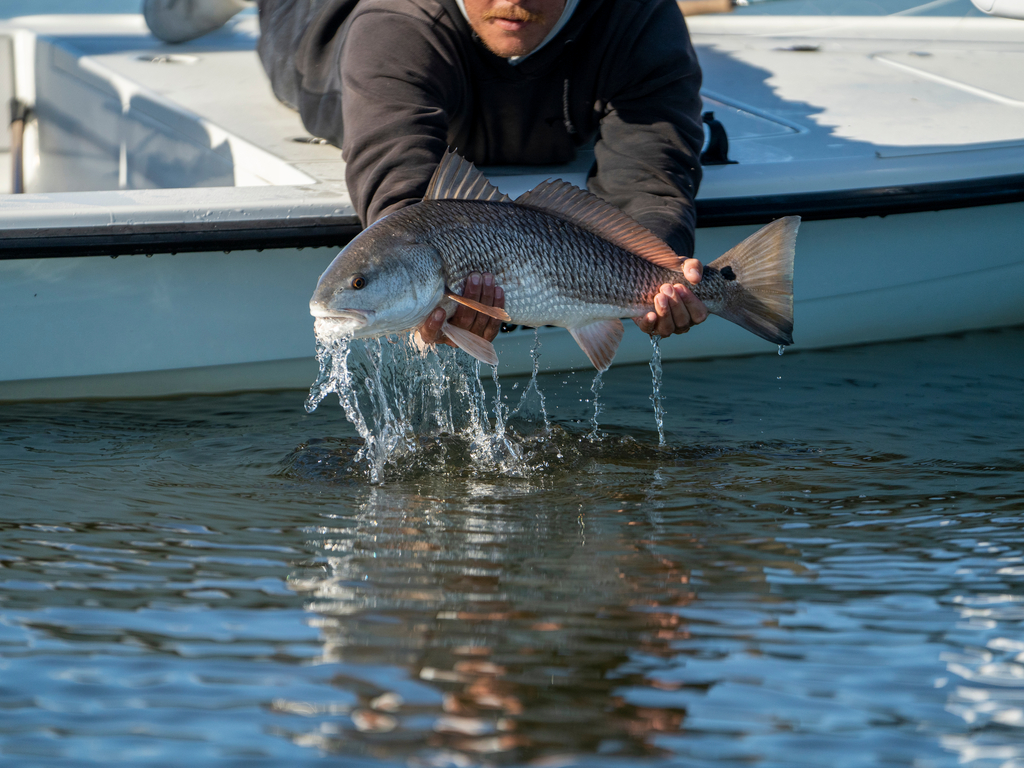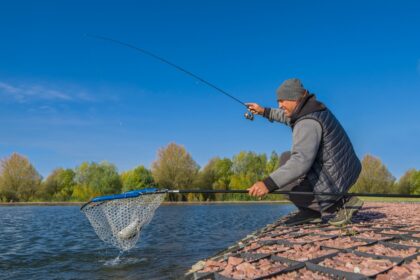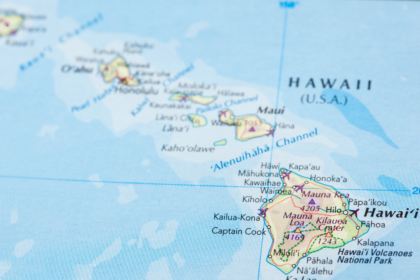2024 Louisiana Fishing License
Acquiring a fishing license for LA in 2024 involves considering whether you’ll be fishing in saltwater or freshwater. To get a fishing license in Louisiana, you can do so online through the Louisiana Department of Wildlife and Fisheries (LDWF) website or at various authorized license vendors across the state. Residents and non-residents can choose from different license options, including freshwater, saltwater, or a combination permit that allows fishing in both freshwater and saltwater areas.
On the LDWF website, select the type of fishing license you need based on the saltwater/freshwater distinction, provide the necessary information, and complete the payment process. Alternatively, visit participating retail locations such as outdoor supply stores, bait shops, and LDWF offices to purchase your fishing license in person. Be sure to check the 2024 Louisiana Recreational Fishing Regulations Guide for the most up-to-date fishing regulations, size and creel limits.
|
2024 |
Annual* |
Saltwater** |
|
Resident |
$17.00 |
$15.00 |
|
Non-Resident |
$68.00 |
$60.00 |
*Licenses are valid one year from the date of purchase.
**Also needed when fishing below the state’s saltwater/freshwater line
Navigating Louisiana’s Recreational Fishing Licenses: A Guide for Anglers
Fishing in Louisiana’s abundant waters is a pastime cherished by many residents and visitors alike. However, before casting your line into these bountiful waters, it’s crucial to understand the state’s regulations regarding fishing licenses. Whether you’re a seasoned angler or a newcomer to the sport, knowing the ins and outs of Louisiana’s recreational fishing licenses can ensure a smooth and enjoyable fishing experience.
Understanding Recreational Licenses
Louisiana offers a variety of recreational fishing licenses, each tailored to suit different needs and preferences. Some licenses are valid for one year from the date of purchase, while others may have specific durations. It’s essential to familiarize yourself with the options available to determine which best fits your fishing habits.
To qualify for resident rates, anglers must provide proof of residency, which typically includes a Louisiana driver’s license or ID card issued by the Department of Public Safety. It’s worth noting that these identification documents must be held for at least six months before purchasing a license at the resident rate.
Who Needs a License?
If you’re 18 years of age or older and intend to take or possess fish in Louisiana waters, you must possess a valid fishing license. However, children under the age of 18 are exempt from this requirement, encouraging young enthusiasts to explore the joys of fishing without the need for a license.
Fishing in Saltwater
For those venturing into Louisiana’s saltwater regions, additional regulations apply. Title 56 mandates that all recreational anglers fishing south of the “saltwater line” must possess a Louisiana saltwater angler’s license in addition to a basic fishing license. This requirement ensures compliance with regulations governing saltwater fishing activities.
Recreational Offshore Landing Permit (ROLP)
Anglers targeting specific offshore species, such as tunas, billfish, and groupers, must obtain a Recreational Offshore Landing Permit (ROLP). This permit, which is free of charge, is essential for possessing certain offshore catches and must be obtained before embarking on fishing trips targeting these species.
Special Considerations for Military Personnel and Veterans
Louisiana recognizes the service and sacrifices of military personnel and veterans by offering special considerations for fishing licenses. Active-duty members of the United States armed forces, including National Guard members, can purchase annual licenses at resident rates. Additionally, veterans with honorable discharge status can qualify as bona fide residents of Louisiana for licensing purposes, provided they possess valid identification documents.
Boundary Waters and Reciprocal Agreements
Louisiana has reciprocal agreements with neighboring states, such as Texas, regarding fishing licenses. Residents of both states may fish in designated boundary waters without the need for additional licenses. However, specific regulations and exemptions apply, depending on age and residency status.
Disability Licenses
Louisiana provides reduced-rate fishing licenses for residents with disabilities, ensuring equitable access to recreational fishing opportunities. Residents who are blind, paraplegic, or permanently disabled may qualify for discounted licenses, fostering inclusivity within the fishing community.
Conclusion
Navigating Louisiana’s recreational fishing licenses may seem daunting at first glance, but with a clear understanding of the regulations outlined above, anglers can enjoy the state’s diverse fishing opportunities responsibly. Whether you’re casting a line in freshwater rivers or exploring the vast expanses of the Gulf of Mexico, ensuring compliance with licensing requirements is essential for preserving Louisiana’s rich fishing heritage for future generations to enjoy.





